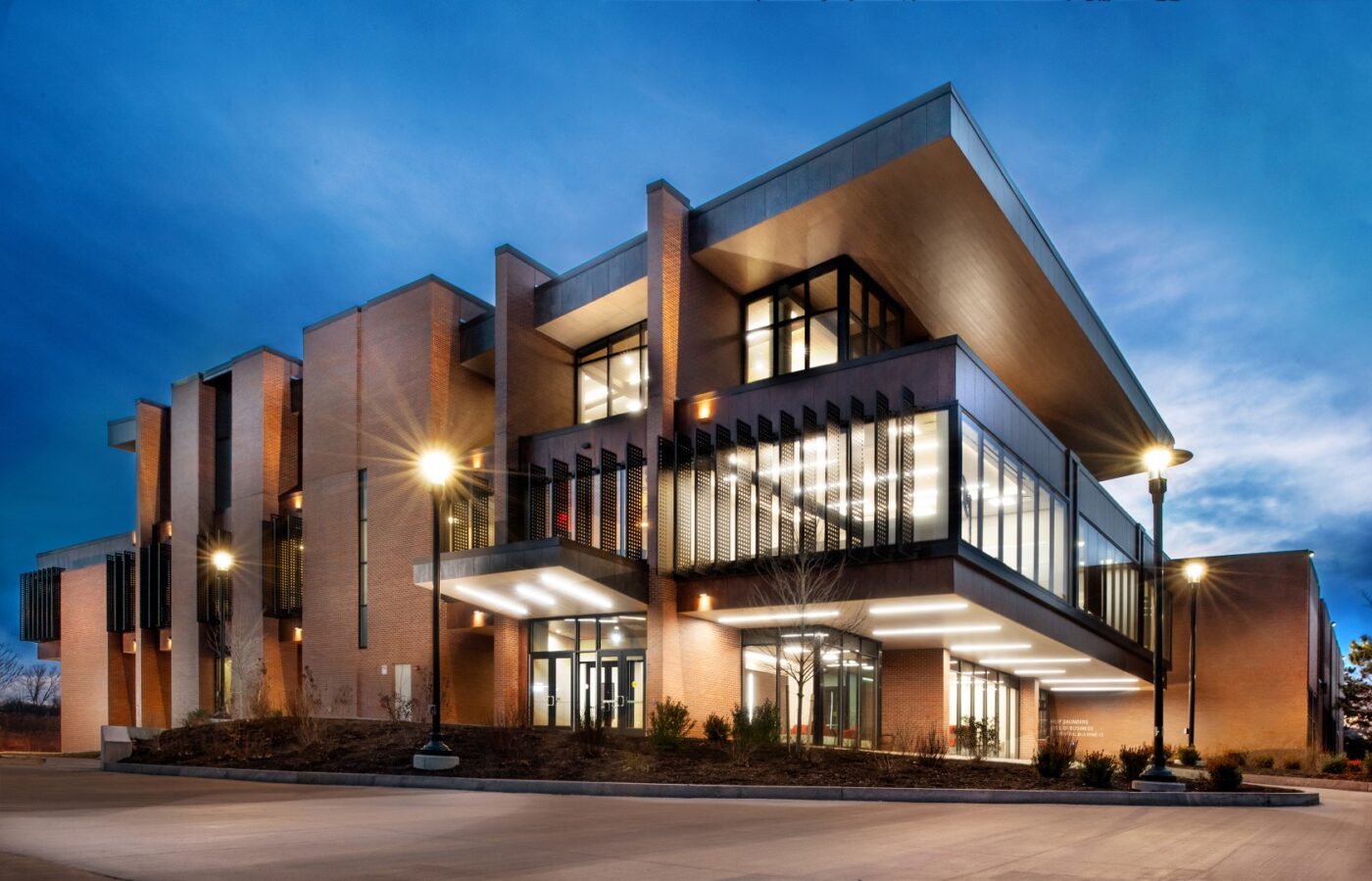Guest blog by Agnes Pierce, Director, Global Head of Sustainability – Hospitality, Amadeus
Sustainability is, rightly, high on the agenda across the travel industry, and hospitality is no different. Travellers want to know the room they are staying in is as energy efficient as possible and these evolving expectations are driving real change.
The contribution of the travel and tourism sector to global greenhouse gas emissions is estimated to range from eight-to-eleven per cent, according to the World Travel and Tourism Council, making the need for change urgent.
To explore the topic a little more, Amadeus recently completed a survey of 170 senior sustainability decision-makers at hotels across nine markets (UK, US, France, Germany, India, Singapore, Australia, Mexico and Spain) as part of a wider, cross-industry project. We wanted to find out what environment, social, and governance (ESG) leaders within hotels thought and what impact technology is having.
This need for change was reflected in our research, which revealed hospitality leaders are prioritising ESG investments, with thirty-seven per cent of hotels planning to spend more in this area than they did in the previous year. Half were also planning to spend the same.
It is also clear that technology is seen as having the potential to help industry meet sustainability targets. In terms of solutions, over a third of the hospitality leaders surveyed by Amadeus told us the biggest possible impact they see from an environmental perspective is adopting technology that generates operational efficiencies and enables access to data to achieve personalisation.
Thirty-four per cent of the hospitality leaders surveyed told us technology will provide tools to enable travellers to make better social choices and thirty-one per cent said it could help support small players in tourism to become more competitive. These were the top two choices for the areas where technology could help to drive social progress, followed closely by improving accessibility measures.
Leveraging standardisation and collaboration for impact
According to our survey, in 2024, one of the key priorities for the hospitality industry is centred around data, standards, and reporting. It has become increasingly important for the industry to establish common sustainability criteria and frameworks. This is why we have chosen to become member of associations such as the World Sustainable Hospitality Alliance and Travalyst .
Through active participation, we are collaborating with stakeholders to establish industry-wide standards and reporting mechanisms. We believe that by building strong partnerships with industry players, we can contribute to shape the future of hospitality. By establishing aligned standards, methodologies, and promoting sustainable IT solutions, we can make a real difference.
Fostering environmental sustainability
Along with an emphasis on standards, our research found that improving energy efficiency will be another key focus for hotels in the coming years. Thirty-six per cent of the hotel leaders who participated in the Amadeus survey said technologies that generate operational efficiency improvements have the potential to accelerate environmental sustainability. Twenty-nine per cent answered that improving energy efficiency of assets will be implemented into plans in the near future. To achieve their environmental sustainability objectives, thirty-six per cent of hotels identified a need for sustainability training and awareness programs. Clear budgets (thirty-two per cent), access to technological solutions (thirty-two per cent), and guidance on offering travellers the opportunity to choose more sustainable options (thirty-one per cent) are also essential.
Technology is seen as a critical enabler of environmental efficiency for hotels and their customers. From streamlining business operations to reducing the carbon intensity of data processing through the cloud, hotels believe technology has the potential to drive significant change.
Despite these opportunities, hotels continue to face challenges in implementing environmental sustainability initiatives. According to Amadeus’ research, cost, lack of knowledge, and a shortage of team resources remain significant barriers. However, with the right technology and a commitment to change, hotels can make a positive impact on environmental sustainability in the hospitality industry.
One innovative initiative is the HRS Green Stay label, which allows corporations to choose from a curated list of sustainable hotels. This not only fosters a culture of more sustainable travel but also encourages hotels to adopt more sustainable practices.
Technology-led social responsibility
In the hospitality industry, social sustainability is not just a buzzword; it’s a commitment to the well-being of both employees and the communities where they operate. According to Amadeus’ research, hotels are focusing on ensuring equal pay and opportunities for growth among their staff. There’s a growing awareness that prioritising employee well-being isn’t just good for business; it’s the right thing to do.
Moreover, hotels are extending their social responsibility beyond their properties, considering the impact they have on the communities around them. They are actively engaged in initiatives that benefit local neighbourhoods and the environment.
Technology plays a significant role in this endeavour. It helps hotels reduce over-tourism by providing travellers with more conscious choices. Whether it’s providing accessibility information or enabling them to make more sustainable decisions, technology is working towards positive change in the hospitality sector.
Issues like health, safety, equal pay, and opportunities for all employees are at the forefront of social sustainability priorities for hotels, according to Amadeus’ survey. They are committed to creating an inclusive and supportive environment for everyone.
ESG decision-makers in the hospitality sector see technology as a crucial tool. In fact, 98 per cent of respondents said they think technology can help to drive social progress within the travel sector. Twenty per cent of the hotel leaders surveyed said leveraging big data to identify and address skill shortages could help to ensure a more sustainable and equitable future for all.
Moving from intention to action
Investment in sustainable initiatives will only continue to intensify as the travel industry fast approaches 2050. Globally, the industry is moving from a period of intention to action, delivering on the commitments which have been declared individually across the industry, for example the American Hotel & Lodging Association (AHLA) announced Responsible Stay, an industry wide commitment to make guest experiences more environmentally and socially sustainable.
By understanding the priorities, challenges and sentiment of ESG decision-makers in hotels today, we can better prepare for the future. By working together and providing support, education and awareness around sustainable travel practices we can help ensure travel continues to make a positive contribution to our world.



